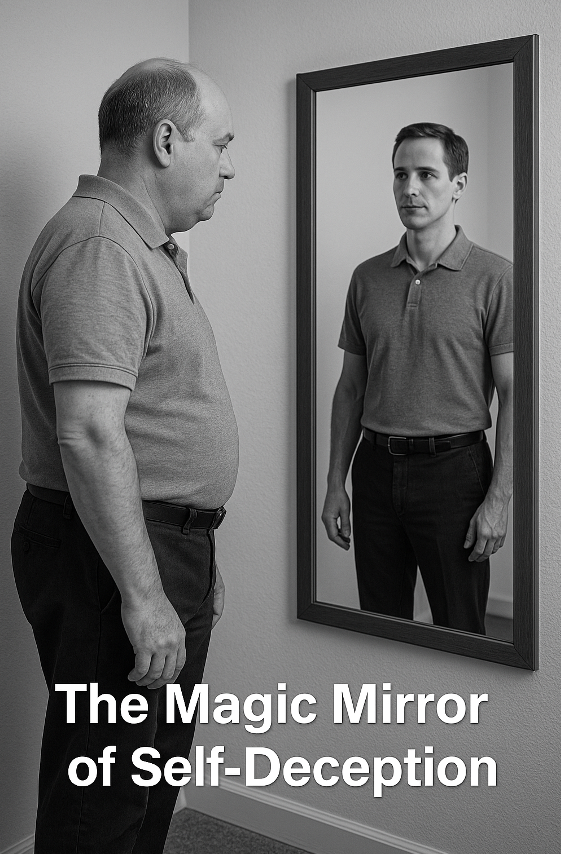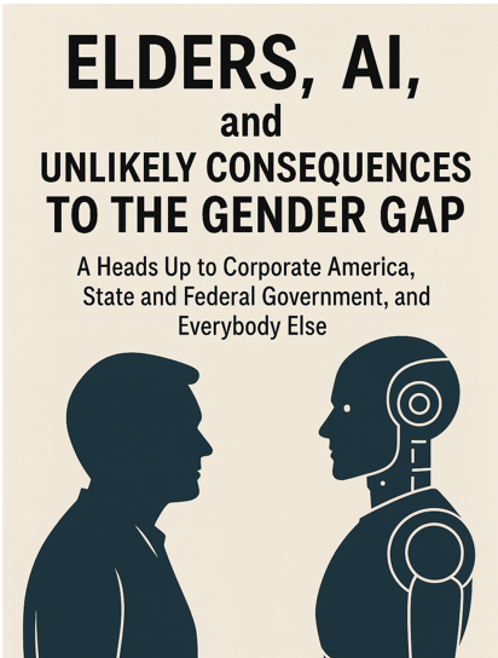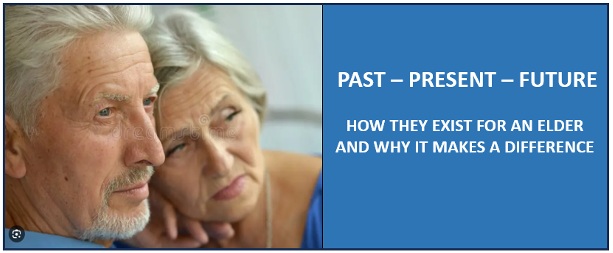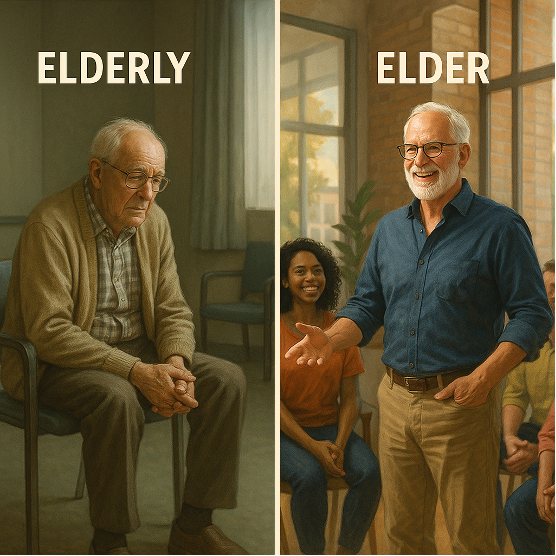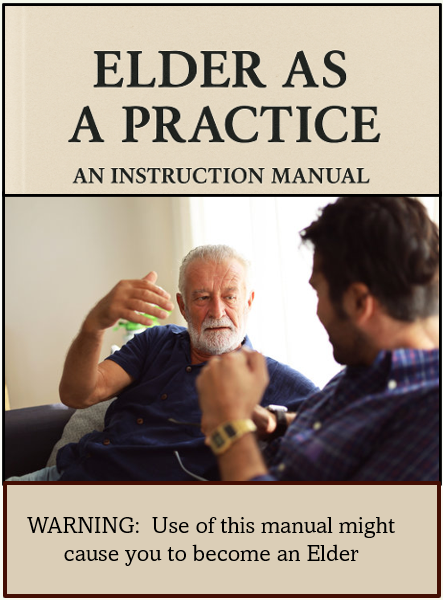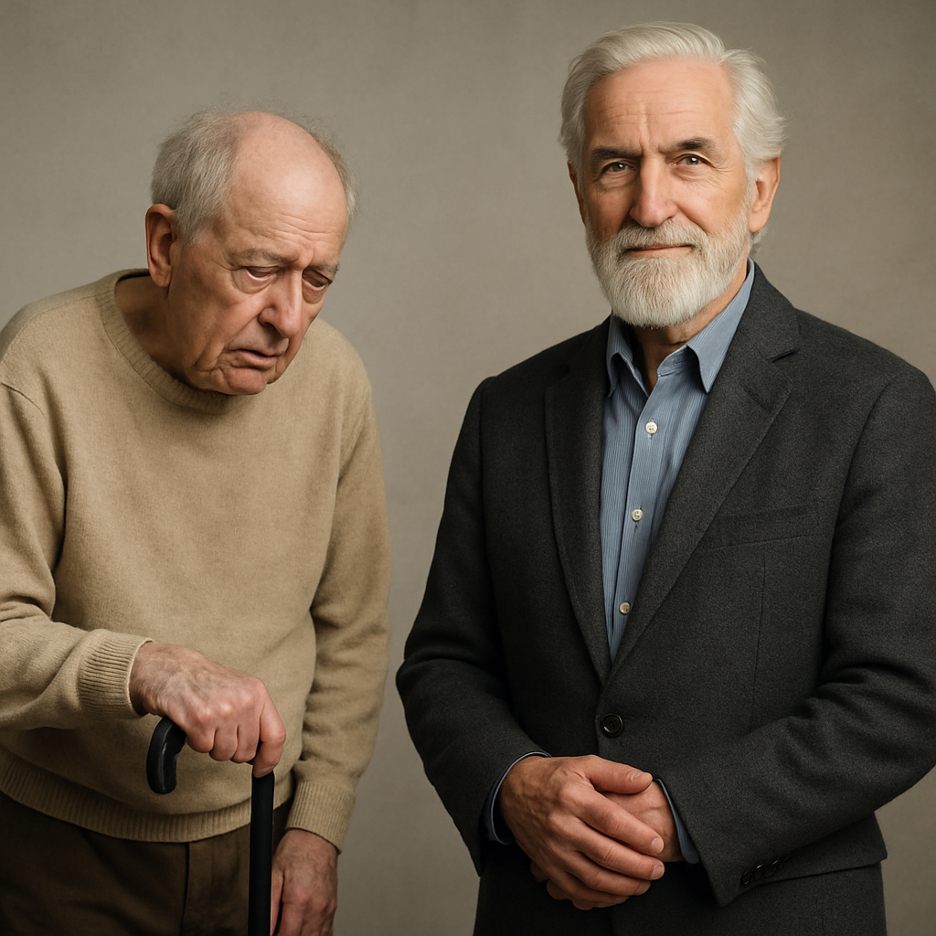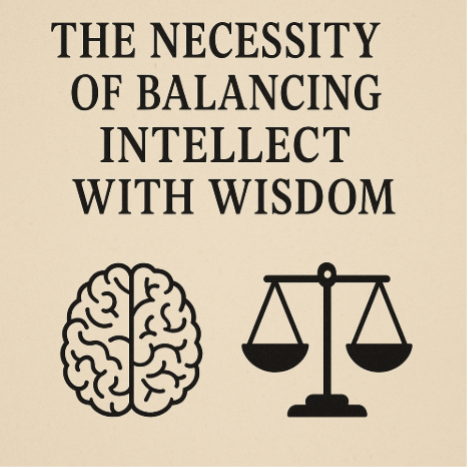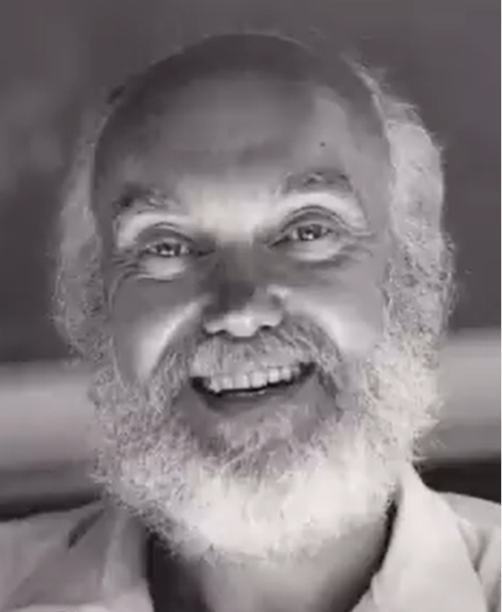DON'T WORRY, BE HAPPY

DON'T WORRY, BE HAPPY
Most late-aged Americans worry about the oncoming declines in their physical abilities, memory loss, running out of money, and the multitude of chronic illnesses, one or more of which will eventually beset them.
Unfortunately, worry gives way to anxiety or unease, allowing one's mind to dwell on difficulty or troubles. Worrying is well-documented to be detrimental to physical and mental well-being.
Several studies report accelerated rates of dementia and more rapid advances in chronic illness with anxiety and depression in older adults. Worrying thoughts are the gatekeepers to anxiety and depression.
But notice all these worries occur in a future that has not yet happened. Worries are not about the past. Worries do not occur in the present moment with its obligation for ‘now’ awareness. No, worries only occur in an assumed future. Fear of the detrimental consequences of aging, with all its physical and mental debilitations, keeps you in the HOV lane of worry.
Other things occupy late-age worrying besides declining health. These worrisome conversations include loss of independence, inability to age at home, death of a spouse, getting injured, and an inability to manage day-to-day living.
Contemporary elders recognize that these worries are weaponized by prevailing cultural, family, and peer conversations about aging. These are not conversations you have consciously created. They were an inheritance you couldn’t refuse.
You are not the author of these conversations; you are the subscriber. And these conversations mostly go unexamined, yet much of the content has been yellow-highlighted and learned by rote.
Insidious conversations comprised of thoughts, attitudes, and beliefs about getting older. With their attached emotions, conversations are aided and abetted by living in a stay-young-forever, more-is-better, individualist culture. Unfortunately, these worrisome conversations are poison to happiness.
As Alfred Noble said, “Worry is the stomach’s worst poison.” But then again, Tom Petty said, “Most things I worry about never happen anyway.” Poisoning yourself needlessly?
Contemporary elders fully understand that reality is not fixed but interpretative. Knowing this allows elders to examine these underlying “worry” conversations and explore why exactly they retain them.
And, of course, these conversations are assured to arise again; they live perniciously in every corner of our culture. Contemporary elders, elders for these this time and place, have the vista of self-reflection, allowing them to create other conversations that yield more happiness as they age.
OUR FINDINGS FOR WHY ELDERS ARE HAPPIER
Our direct experience is that contemporary elders are happier and have better health compared to others their age. Moreover, we observe that the source of this greater happiness and well-being is that these elders have a deeper appreciation of life, a more profound sense of fulfillment, and a far greater ability to handle life's vicissitudes.
Elders also have fewer aspirations and expectations of themselves, are unconcerned about pleasing everyone else, and are nonserious about many of life's situations.
They avoid drama, conflict, and stupidity and neither make it wrong nor actively engage when it’s around – and it’s around a lot. Their sense of humor blossoms while their egos shrivel.
They are able to dismiss these cultural worry conversations by expanding four distinct internal qualities. One, elders are altruistic. Two, they are more able to live in the moment. Three, they can be contemplative rather than reactive. And four, they cleave from the past and fuse into a more purposeful future.
Elders, when engaged with these four elements, worrying thoughts don’t stick. And when those thoughts reappear, the exit door is clearly marked and easily found.
ALTRUISM
Altruism is the belief in or practice of disinterested and selfless concern for the well-being of others. Disinterested means not influenced by considerations of personal advantage.
In our context of elder, we know that altruism gets stronger with age. Most of the time, it is left half asleep. Elders fully awaken to this aspirational calling and get into action to have their respective callings manifest. Altruistic development drives elders to serve their higher purpose.
Contemporary elders find that the purpose of life is a life of purpose.
BEING IN THE MOMENT
Contemporary elders meditate. Each chooses the best meditation methods for themselves. Each has to find their meditation groove. But whatever practice they choose, their practice lets them become a witness to their thinking mind.
Being a witness to your thoughts allows you to observe your thoughts in an objective way. The less subjective, the more objective you are about your thoughts, the less power they have over you. You have thoughts; thoughts do not have you.
Recognition of these conversations within yourself unseats the cultural, family, and psychological conversational implants on aging. Whatever meditative practice these elders have pursued allows them to place themselves in the moment, not in the past or the future. Here. Now. Worrisome thinking has no oxygen in the moment.
CONTEMPLATION RATHER THAN REACTION
Contemplation is the action of looking thoughtfully at something for a long time. A reflective examination, scrutiny, an introspection of perceptions and understandings previously left unexamined.
In our Western culture, contemplation is not highly regarded. In fact, contemplation is unappreciated and undervalued. The scramble to get more, better, and faster has no tolerance for contemplation.
Elders have found tremendous benefits in contemplation. They report benefits from contemplative practices include stress reduction, enhanced attention and awareness abilities, improved self-regulation, and heightened empathy awareness.
Contemplation allows elders to go behind their beliefs and emotions to see their underpinnings. Contemplation reveals the network of beliefs and presuppositions and the heavy cost of holding onto those beliefs. Contemplation is a mind detoxifier.
Contemplation, when practiced, puts you as the observer rather than the doer. Contemplation moves you from the stage to the good seats, ten rows up behind the orchestra, with short people in front. Now you can see the whole play. Rather than be King Lear, you can watch King Lear.
CLEAVE FROM THE PAST AND MELD INTO UNEXPECTED FUTURE
When you engage in an altruistic mission, consciously be in the moment, and allow yourself time to be contemplative, you can cleave yourself from your past and its various assumed identities. You become the unvarnished you, a truthful you, a more human you, a freer you, a wiser you.
A previously unrecognized yet somehow familiar future somehow becomes clearly available at this four-way nexus – altruism, being in the moment, contemplation, and letting go of the grip of your past.
In becoming a contemporary elder, an elder for these times, you unhitch from your past, along with its habits, thoughts, behaviors and chronic practices, You are out the door, down the path, and on your way. You now profoundly impact others wherever you go, with whomever you speak, to cause a better future.
It is our experience that contemporary elders are happier and better adjusted to aging and end-of-life. Basically, they worry far less and are happier far more.
They’ve figured it out - Don’t worry. Be happy.
The Sangha is a relationship-based space, a network of relationships all in late age, with tremendous collective wisdom, that generates new interpretations of growing old by choice rather than default.
In our collective experience, the relationships in the Sangha and the work of the Sangha as we proceed into late age allow for transmogrification. Transmogrification is the act or process of changing or being changed completely.
The next open Sangha call is on May 24th from 4:00 pm PDT till approximately 5:20 pm PDT. There is no cost.
If you are first-time guest, we ask you to register either via the Website www.requestingwisdom.com/the-sangha or directly at https://form.jotform.com/230334570253044

The theme of this call is Interbeing. We, they, them, it and I – all interconnected, which gives us who you are. The better your understanding of interbeing, the better you will age and the less burden you will carry.
Precall Reference - https://www.garrisoninstitute.org/blog/insight-of-interbeing/
